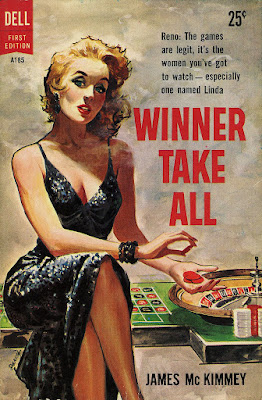The book’s prologue quickly introduces us to a very violent East Seventy-Seventh Street in New York. A young woman named Janet is raped and killed across the street from our protagonist Joe Madden. It’s an eerie precursor of the horror awaiting Madden and his young wife Sara. Lory takes some time introducing us to Madden and building the obligatory relationship not only with his wife Sara, but the reader as well. We go through a hectic day in the life of Madden – business meetings, projects, deadlines in the hustle and bustle engineering field. The two leave a social engagement late and find themselves robbed and viciously assaulted on a vacant subway car. The result leaves Madden hospitalized and his young wife dead.
Lory crafts a progressive, well-developed novel around grief. It’s a portrait study of Madden’s mental state, painting the metamorphosis from shock to grief, heartbreak to hopelessness and ultimately anguish to vengeance. The author blankets each chapter in bleak realism, enveloping the reader in the downward spiral of this man. While “vigilante” is certainly a descriptive term, most of the book is the poignant sea of sorrow. Within the first week of the attack, Madden starts to create a campaign for vengeance. The author builds in a little know-how by explaining that Madden has killed before. He served in the Korean War and provides a little background on a memorable battle. Beyond this, the character knows nothing about crusading or righting the wrongs of lower-class America. He enters battle with a makeshift kitchen knife housed with tape inside of a cardboard sheath. His targets are of the low-life variety – muggers, purse-snatchers, etc. - but he averages a kill a night. Later, he pushes the envelope and keeps an assailant’s .38 revolver and uses it in a climactic killing of a trio of rapists.
The series could be misconstrued as a clone of the vigilante spawn of 1968. At least for this novel, that certainly isn’t the case. While probably not as relevant as an Elmore Leonard or Brian Garfield, the book is every bit as engaging as Messmann’s ‘Revenger’. While this “revenge the death” study in human behavior is captivating, the hardcore fans could shrug off it’s overutilized plot. I’d approach the book as more of a portrait of loss instead of the gritty, men’s action adventure that it professes to be.





















